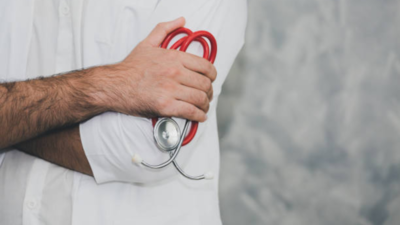Guillain Barre Syndrome (GBS), a post-infection disease, is spreading faster in Pune. A total of 67 cases, including one death, have been identified so far. Doctors are sharing dos and don’ts to educate people on social media.
GBS is a severe neurological condition that must be diagnosed early. Here are a few things you must know about the disease.
GBS is rare, but a serious condition
Guillain-Barré Syndrome is a rare but potentially dangerous neurological disorder that occurs when the immune system mistakenly attacks the peripheral nervous system, bringing about weakness and numbness in the limbs, and can culminate in paralysis. It often starts after an infection, typically affecting the respiratory or gastrointestinal systems. Outbreaks associated with viral infections have also been reported in some cases.
It starts with tingling or weakness in the legs, which can spread to the upper body. In severe cases, it may lead to paralysis, breathing difficulties, and life-threatening complications.
Prevention and awareness are key during an outbreak to minimize the impact of GBS on individuals and communities. You can reduce the risks associated with this condition by staying informed, practicing hygiene, and seeking medical attention promptly.
GBS outbreak: Here’s what to do
- Wash your hands regularly with soap and water for at least 20 seconds.
- Use hand sanitizer with at least 60% alcohol when soap is unavailable.
- Avoid touching your face, especially your eyes, nose, and mouth.
- Eat a balanced diet rich in fruits, vegetables, lean proteins, and whole grains.
- Stay hydrated by drinking plenty of water.
- Get regular exercise, aiming for at least 30 minutes of moderate activity most days of the week.
- Ensure adequate sleep (7-9 hours per night).
GBS outbreak: Do not do these things
- Avoid dismissing early symptoms such as weakness, numbness, or tingling as minor issues.
- Avoid self-medicating without consulting a healthcare professional.
- Avoid eating raw or undercooked meat, especially poultry.
- Avoid drinking untreated water or beverages from unverified sources.
- Avoid ignoring food safety practices such as washing fruits and vegetables thoroughly.
- Avoid sharing towels, utensils, or drinking glasses with others.
- Avoid using unclean or communal items without proper disinfection.




